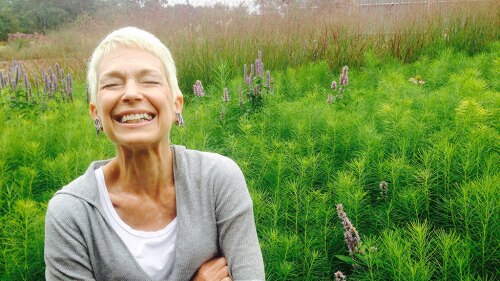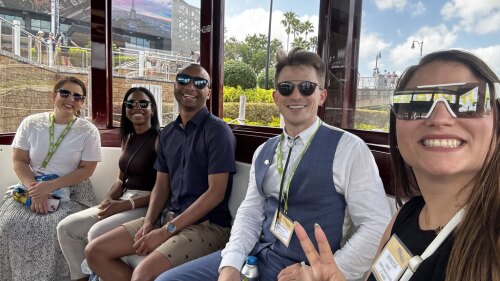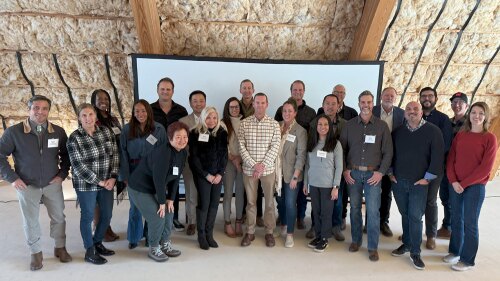ULI Americas Chairman Trish Healy welcomed attendees to the 2017 ULI Fall Meeting with remarks affirming the Institute’s role as an industry leader. “Everything ULI is, everything ULI does is about member leadership. As a ULI member, each of you is de facto an industry leader, providing our communities access to the responsible land use expertise they need,” Healy said.
She pointed out that recent natural disasters, including the hurricanes in Texas, Florida, and Puerto Rico, as well as the fires on the West Coast, have elevated the focus on building for resilience, making ULI’s leadership in land use more necessary than ever.
“Resilience isn’t just about preparing for disaster. It is creating new opportunities that contribute to lasting prosperity, economic development, jobs, education, and livability,” Healy said. “Development in an urbanized environment is inevitable. Bad development is not. We are getting cities right, but we must do more. We need to take ULI examples and replicate them everywhere.”
She pointed to examples of thriving mixed-income, mixed-use communities developed by ULI members in New Orleans following Hurricane Katrina. “These are examples of building for resilience—not just from an environmental standpoint, but in terms of a better quality of life,” she said. Buffalo Bayou Park and Stonebrook Estates in Houston, both of which withstood flooding from Hurricane Harvey, are other examples of developments that are built for resilience, Healy noted.
The impact of ULI members—reflected in more-resilient approaches to development, in the work of Greenprint members striving to reduce energy and carbon emissions, and in Advisory Services panels assisting communities in becoming more resilient—all reflects leadership, Healy said.
“This type of future-focused development and measurable advisory work is what ULI members do, and we must keep doing it,” she said. “You [ULI members] are the industry stewards. You can and must be part of solutions to urban growth challenges. Volunteer for ULI, give to the ULI Foundation, and help us shape the direction of our organization, our cities, and our regions. With each example we set and each problem we solve, we make progress in getting cities right.”




